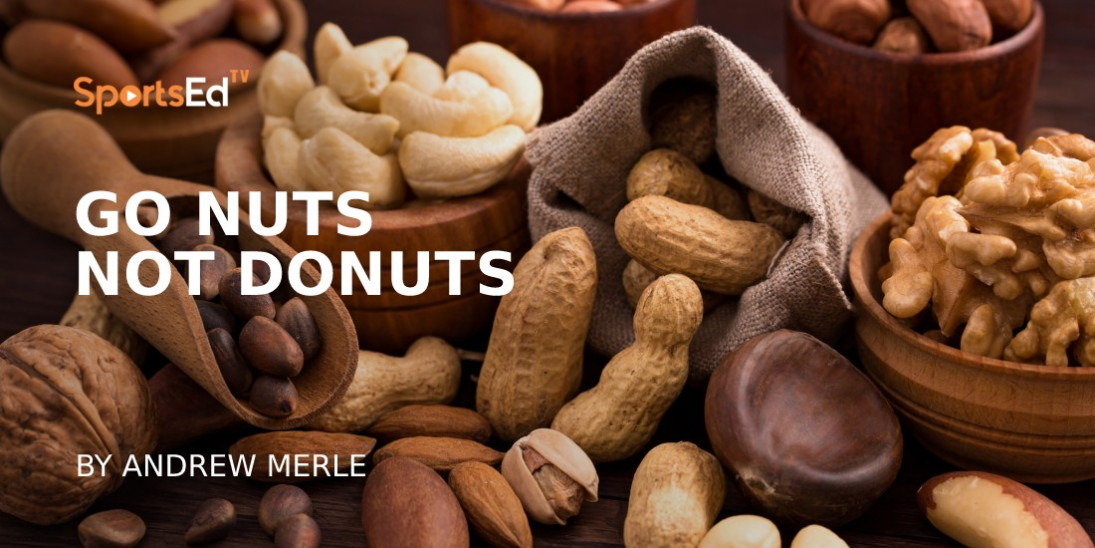Nutrition
Welcome and thanks for visiting...

Caffeine Improves Performance in a Broad Range of Exercise Types

Many of us can tell stories of experiencing how caffeine has enhanced our performance.
Do workouts seem easier after imbibing with a cup or two of java? Or is our actual improved exercise performance just a placebo effect?
To answer those questions, see this report which systematically reviews, summarizes, and appraises findings of published meta-analyses that examined the effects of caffeine on exercise performance.
Among the topics reviewed are aerobic endurance, muscle strength, and endurance, power, jumping performance, and exercise speed as affected by caffeine.
The study concludes “caffeine ingestion improves exercise performance in a broad range of exercise tasks.”
Many athletes, world-class and otherwise use caffeine as a performance enhancer, especially since caffeine was removed from the banned list almost two decades ago by the World Anti-Doping Agency.
But does caffeine improve certain types of exercise more than others?
Caffeine was shown to deliver benefits across all types of exercise, but the greatest gains were seen for endurance and speed. It appears as though the magnitude of the effect of caffeine is greater for aerobic as compared with anaerobic exercise.
In terms of the ‘optimal’ dose of caffeine for performance, that is still a bit of an open question. Additionally, most of the meta-analyses used highly-concentrated caffeine powder, so it can be challenging to apply the findings to coffee, energy drinks, bars, and other caffeine-containing substances.
That said, coffee has independently been shown to enhance aerobic endurance performance, weight lifting, and sprinting. And looking at all of the studies, the authors concluded that “the caffeine dose from coffee likely has to fall within the 3–6 mg/kg range” to provide performance-enhancing benefits.
The caffeine dose from coffee can depend on bean type, preparation method, size of the cup, and other factors, but some generalizations can be made. The 'average' cup of coffee contains around 100 mg of caffeine — meaning that two cups would deliver about 200 mg, representing about 3 mg/kg for a 70 kg person (about 155 pounds).
As a general rule, the authors conclude that “two cups of coffee, consumed around 60 minutes before exercise, should exert an ergogenic effect in most individuals.”
Sensitivity to caffeine is highly personal, so experimentation is key. Try different doses and shorter/longer wait times before exercise to see what works best for you.
The results are clear — caffeine is a proven performance booster. Hopefully, these findings help you utilize caffeine to maximize your workouts.





